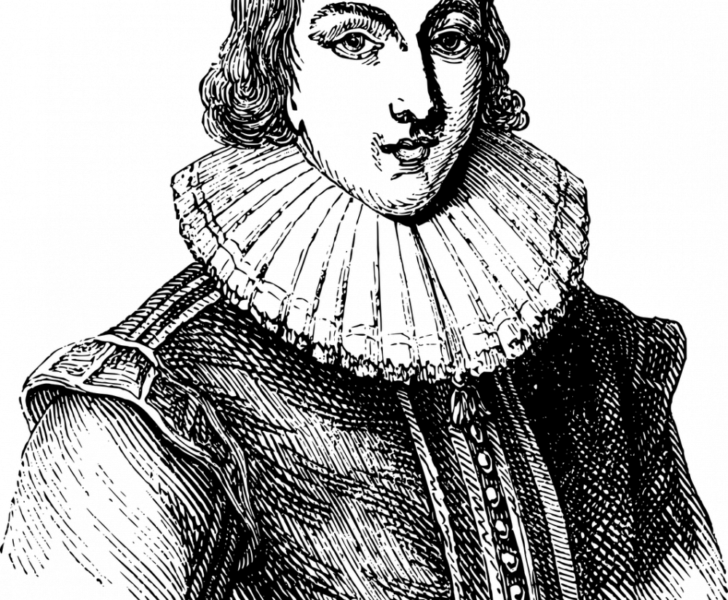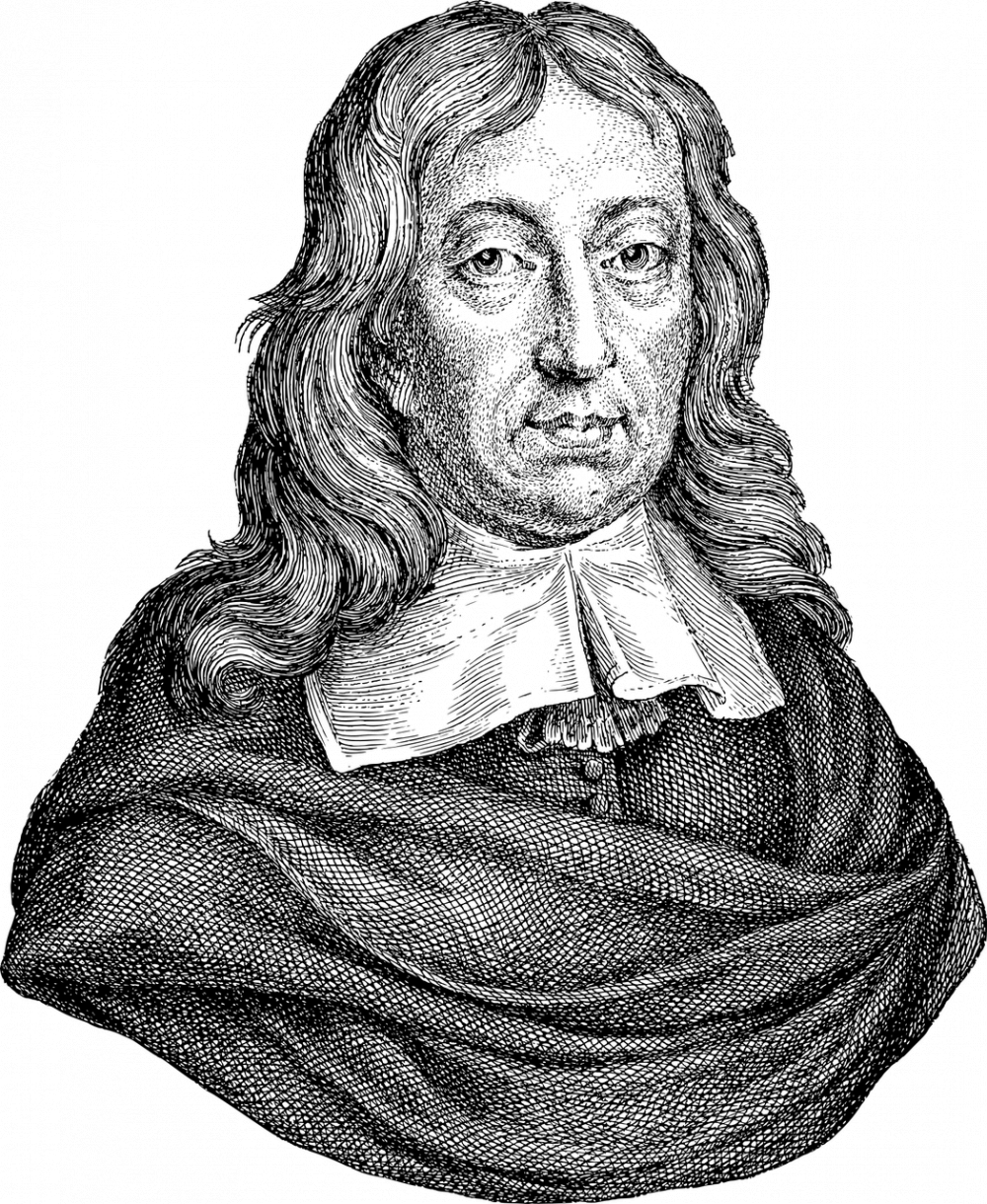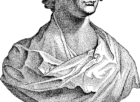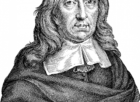Allan Edgar Poe: The Enigmatic Master of Gothic Literature and Mystery

Introduction:
Allan Edgar Poe, the renowned American writer, poet, and literary critic, holds a prominent position in the realm of Gothic literature. His chilling tales, filled with suspense, horror, and gloomy settings, continue to captivate readers worldwide. This article aims to provide a comprehensive overview of Poe’s life, his contributions to literature, and his enduring legacy.
I. Early Life and Influences:

Allan Edgar Poe was born on January 19, 1809, in Boston, Massachusetts. His parents, both actors, passed away during his infancy, leading to Poe’s adoption by John Allan, a wealthy tobacco merchant. Though his familial background was filled with tragedy, it undoubtedly influenced Poe’s later works, as themes of loss, abandonment, and death frequently appear in his writings.
Poe’s early education took place in England, where he briefly lived with his adoptive family. During this time, he developed a passion for gothic literature, particularly the works of Ann Radcliffe and Horace Walpole. These Gothic tales, characterized by eerie settings, supernatural elements, and heightened emotions, served as a foundational inspiration for Poe’s imaginative storytelling.
II. The Evolution of Allan Edgar Poe’s Writing:
1. Early Works and Poetry:
Poe’s literary career began with the publication of his first collection of poetry, “Tamerlane and Other Poems,” in 1827. Although these early works went unnoticed, they set the stage for his subsequent creations. It was in his poetry that Poe first explored themes of love, beauty, and the ephemeral nature of life. His poem “The Raven,” published in 1845, remains one of his most famous and widely analyzed works, showcasing his mastery of dark and melancholic verse.
2. Tales of the Macabre:
Poe’s true genius, however, lay in his short stories and tales of the macabre. With their intricate plot structures and psychologically complex characters, these tales have established Poe as a pioneer of the modern detective and horror genres.
Some notable works in this genre include “The Fall of the House of Usher,” “The Tell-Tale Heart,” and “The Murders in the Rue Morgue.” Poe’s exceptional ability to create an atmosphere of suspense, anxiety, and terror resonates with readers to this day.
III. Poe’s Influence on Literature and Popular Culture:
1. Impact on the Detective Genre:
Poe’s contributions to the detective genre cannot be overstated. His character C. Auguste Dupin, featured in “The Murders in the Rue Morgue” and subsequent stories, served as a precursor to iconic detectives like Sherlock Holmes. Poe’s emphasis on using logical deduction and observing minute details greatly influenced the development of modern detective fiction.
2. Exploration of the Unconscious Mind:
Beyond his mastery of horror and detection, Poe’s works also delved into the complexities of the human psyche. His exploration of madness, guilt, and psychological torment foreshadowed the emergence of the psychological thriller genre.
IV. The Mysterious Death and Legacy of Allan Edgar Poe:
Poe’s life was as enigmatic as his stories, marked by personal struggles, financial difficulties, and alcoholism. His death on October 7, 1849, under mysterious circumstances, only added to his aura of intrigue. While the exact cause of his death remains disputed, his legacy continues to inspire countless writers, filmmakers, and artists.
Poe’s impact extends far beyond his own time, as his stories continue to be adapted into various mediums. Films, television series, and even video games pay homage to his enduring legacy. His imaginative storytelling, vivid imagery, and exploration of the darker aspects of the human condition remain timeless and continue to resonate with audiences worldwide.
Conclusion:
Allan Edgar Poe’s influence on literature, particularly within the realm of Gothic fiction, is immeasurable. Through his chilling tales, haunting poems, and explorations of the human psyche, Poe created a legacy that is both enduring and captivating. His ability to evoke fear, suspense, and a sense of the macabre remains unparalleled, cementing his position as one of the greatest literary figures of all time.
Bulletpoints:
– Allan Edgar Poe, the renowned American writer, poet, and literary critic, is a master of Gothic literature.
– Poe’s early life and influences, including the tragedy of his parents’ death and his adoption, shaped his writings.
– Gothic literature and the works of Ann Radcliffe and Horace Walpole inspired Poe’s imaginative storytelling.
– Poe’s poetry, particularly “The Raven,” showcases his mastery of dark and melancholic verse.
– Poe’s short stories and tales of the macabre established him as a pioneer of the detective and horror genres.
– His impact on the detective genre influenced the development of modern detective fiction.
– Poe’s exploration of madness and psychological torment foreshadowed the emergence of the psychological thriller genre.
– Poe’s mysterious death and personal struggles add to his aura of intrigue.
– Poe’s legacy continues to inspire and influence numerous artists, writers, and filmmakers.
References:
1. Bloom, H. (2009). Edgar Allan Poe. Infobase Publishing.
2. Meyers, J. (1992). Edgar Allan Poe: His Life and Legacy. Cooper Square Press.











